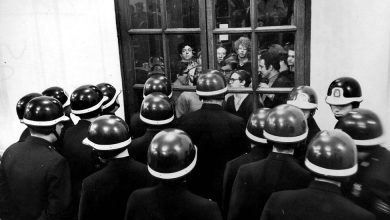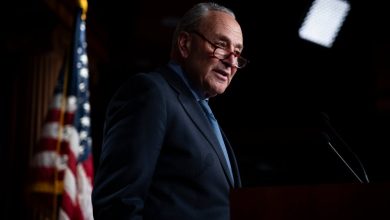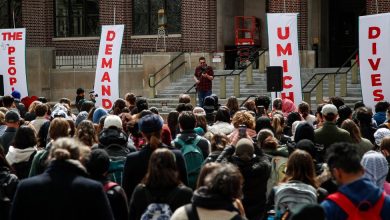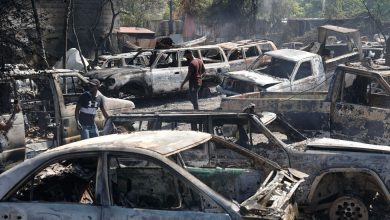Francia Márquez — a former housekeeper and activist — is Colombia’s first Black vice president.

For the first time in Colombia’s history, a Black woman is close to the top of the executive branch.
Francia Márquez, an environmental activist from the mountainous department of Cauca in southwestern Colombia, has become a national phenomenon, mobilizing decades of voter frustration, and becoming the country’s first Black vice president on Sunday, as the running mate to Gustavo Petro.
The Petro-Márquez ticket won Sunday’s runoff election, according to preliminary results. Mr. Petro, a former rebel and longtime legislator, will become the country’s first leftist president.
The rise of Ms. Márquez is significant not only because she is Black in a nation where Afro-Colombians are regularly subject to racism and must contend with structural barriers, but because she comes from poverty in a country whereeconomic class so often defines a person’s place in society. Most recent former presidents were educated abroad and are connected to the country’s powerful families and kingmakers.
Despite economic gains in recent decades, Colombia remains starkly unequal, a trend that has worsened during the pandemic, with Black, Indigenous and rural communities falling the farthest behind. Forty percent of the country lives in poverty.
Ms. Márquez, 40, chose to run for office, she said, “because our governments have turned their backs on the people, and on justice and on peace.”
She grew up sleeping on a dirt floor in a region battered by violence related to the country’s long internal conflict. She became pregnant at 16, went to work in the local gold mines to support her child, and eventually sought work as a live-in maid.
To a segment of Colombians who are clamoring for change and for more diverse representation, Ms. Márquez is their champion. The question is whether the rest of the country is ready for her.
Some critics have called her divisive, saying she is part of a leftist coalition that seeks to tear apart, instead of build upon, past norms.
She has also never held political office, and Sergio Guzmán, director of Colombia Risk Analysis, a consulting firm, said that “there are a lot of questions as to whether Francia would be able to be commander in chief, if she would manage economic policy, or foreign policy, in a way that would provide continuity to the country.”
Her more extreme opponents have taken direct aim at her with racist tropes, and criticize her class and political legitimacy.
But on the campaign trail, Ms. Márquez’s persistent, frank and biting analysis of the social disparities in Colombia cracked open a discussion about race and class in a manner rarely heard in the country’s most public and powerful political circles.
Those themes, “many in our society deny them, or treat them as minor,” said Santiago Arboleda, a professor of Afro-Andean history at Simón Bolívar Andean University. “Today, they’re on the front page.”




